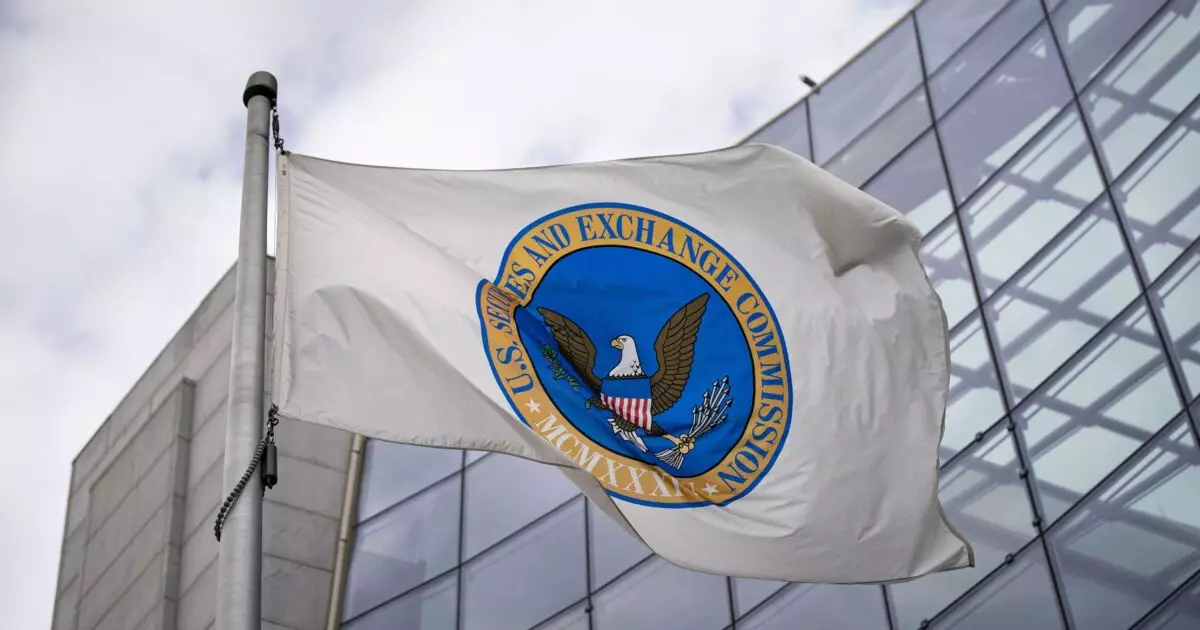5 Reasons Why the ASA’s Legal Battle Is a Game-Changer for Securities Regulations

The American Securities Association’s (ASA) ongoing legal struggle against the Securities and Exchange Commission (SEC) represents a crucial juncture in the landscape of securities regulations. As the court decision on whether to uphold or scrap the SEC’s order unfolds, we are witnessing the potential for monumental shifts in how municipal securities are governed. The ASA’s arguments are not merely reactionary; they challenge foundational aspects of the Municipal Securities Rulemaking Board’s (MSRB) structure, which, as the ASA posits, may be unconstitutional. This does not just impact the ASA, but reverberates across the broader market, with implications for transparency, fairness, and the integrity of regulatory agencies.
International Parallels
In today’s increasingly globalized world, we find ourselves often looking beyond our borders to understand how similar cases are handled internationally. Some regulatory bodies in other countries operate with a more centralized approach, allowing for streamlined decision-making and greater accountability. However, the ASA’s criticisms point to a danger in overly rigid structures, as seen within the MSRB. The central argument centers on whether a more democratic approach to regulatory governance, one incorporating real-time feedback from industry stakeholders, could foster an environment of innovation rather than stifling it through archaic rules that often reflect institutional conservatism rather than a forward-thinking agenda.
Why the Stay Matters
The court’s decision to stay the ASA’s case until August indicates an eagerness to reassess the regulatory environment in light of criticism leveled at the MSRB’s practices. While the SEC initially sought to expedite proceedings, the eventual acceptance of the stay reveals a willingness to listen to objections raised by the ASA. However, one must question whether this delay truly serves the interests of the market or simply prolongs a drawn-out process that can leave stakeholders in limbo. It becomes essential for regulators to recognize that we require the agility to adapt to evolving market conditions, rather than clinging to antiquated structures which leave market participants dissatisfied and uncertain.
Operating in the Shadows of Uncertainty
The ASA contends that the MSRB’s current rule changes—specifically the proposed amendments aimed at shortening trade reporting timeframes—lack the requisite inputs from key stakeholders, thus endangering not only operational efficiency but also the overall integrity of municipal securities. The fact that broker-dealers express concerns about the implications of these changes validates that there is significant mistrust in the regulatory framework we currently operate under. It is alarming to witness valuable market players caught off guard by sudden changes to regulations that were seemingly shaped without adequate consultation, making a compelling case for a reevaluation.
A Call for Reform
As the legal battle progresses, a broader contemplation of reform must enter the dialogue. If the MSRB is to remain a relevant regulatory body, its structure and processes must evolve into a more transparent and accountable model. The ASA’s legal challenge is more than just about one ruling; it is about pushing for a governance framework that encourages genuine participation, nimble rule-making, and acknowledges the voices of those directly affected by regulatory decisions. This is not just good policy; it is a necessity in a time when the financial landscape is under constant evolution. It’s a moment that requires courage from both the ASA and the SEC, as they navigate the complexity of reforming a system that has long been insulated from necessary changes.





